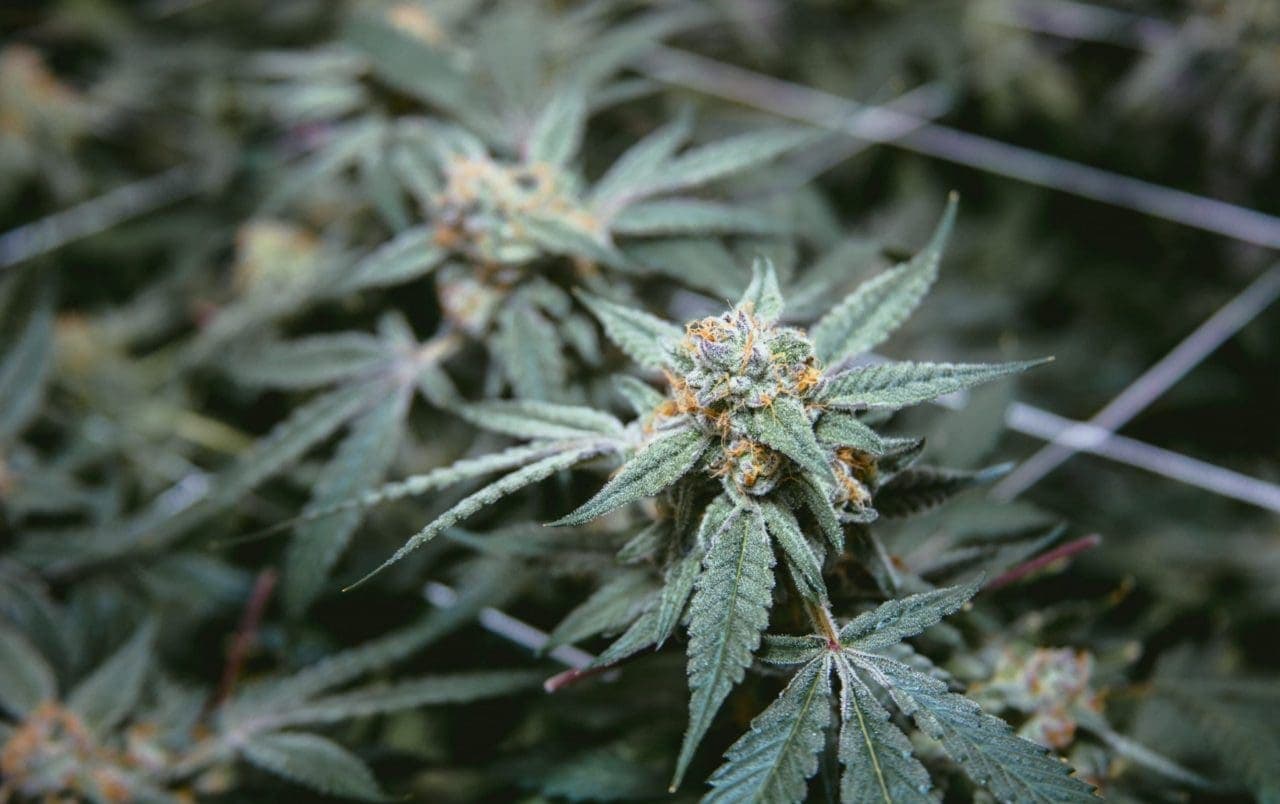Why Female Cannabis Plants Are the Most Desirable

Article written by

Tina MagrabiSenior Content Writer
Content reviewed by

Dr. Gavin MorelandMedical Director
Female cannabis plants are generally considered more valuable than male cannabis plants. In cannabis plants, the females hold almost all the power, at least when it comes to cannabinoid content. Both male and female plants are needed to breed new genetics and create new strains. But female plants are responsible for the sticky and stinky trichome- and terpene-covered buds that give cannabis its therapeutic potency.
Learn more about the anatomy of female cannabis plants and why they need male cannabis plants.
Considering when planted cannabis seeds will come out 50/50 male to female ratio, this means that only half of your crops will yield the types of buds you’re after. There are ways around this that we will look at later, including cloning and feminized seeds, which exist solely to solve the need for an abundance of female plants.
Get your medical marijuana card
Male vs. Female Cannabis Plants: What’s the Difference?
The main difference between male and female cannabis plants is that female plants produce buds, and male plants produce pollen. Anyone who uses cannabis medically or recreationally will know that buds with seeds are often less potent and usually considered substandard.
On the other hand, seedless buds, often coated in sticky resin and even a blanket of white crystals, are highly sought after for their aroma, flavor, and most of all, their potent effects. Seedless buds are known as “sensimilla” – female cannabis plants that have been left unfertilized and left to concentrate on producing buds.
Female cannabis plants are responsible for those flavorful THC and CBD-packed buds. On the other hand, it is a male plant that produces seedy buds, often less potent. While seeds are essential to continue growing, more female plants are needed to ensure high yields of quality buds at the end of the day.
However, it must be noted that, while female cannabis plants are generally more cannabinoid-packed, male cannabis plants can contain unique cannabinoid ratios of their own (particularly CBD). Breeders ought to look out for unusually frosty male cannabis plants as this could make them excellent candidates as a partner for a particularly healthy female.
When planted, cannabis seeds will come out in a roughly 50/50 male to female ratio, so only half of your seedlings will yield the types of buds you’re after. There are ways around this, including cloning and feminized seeds, which exist solely to solve the need for an abundance of female plants. You will also want to remove the male plants from your grow space so they do not fertilize your females and reduce the amount of flower you could produce.
In short, female cannabis plants are more valuable than male cannabis plants because they produce the usable part of the plant: the bud. However, male and female cannabis plants need each other and experience a symbiotic relationship in nature as the males pollinate the females’ flowers, and can help provide the genetic diversity plants need to survive in an ever-changing world.
The Anatomy of Female Cannabis Plants
Generally, a cultivator can visually determine the gender of a cannabis plant around four to six weeks into the growth cycle (though this may differ when growing indoors). At this point, the plant is transitioning from its “vegetative” stage to the “flowering” stage when buds are formed.
Cultivators pay careful attention to the space between the plant’s nodes where leaves and branches extend from the stalk. Pre-flowers will begin to form, and the characteristics of those pre-flowers will determine the gender of your plant. In female plants, those nodes will show as almost hairlike, while on male plants, it will be the shape of a small ball. Male plants also tend to have thicker stalks and grow a bit taller than female cannabis plants.
Hermaphrodite Cannabis Plants: What to Know
Though it’s unusual, just like in humans, there are rare cases where a plant is found to have both male and female pre-flowers. Often, hermaphrodite cannabis plants occur when a plant becomes excessively stressed due to damage to the plant, unfavorable weather conditions, disease, nutrient deficiencies, or genetics. Hermaphrodites can occur in indoor grows when the plant receives excessive light during its dark time.
While a hermaphrodite plant is not ideal, it will still produce pollen, so growers need to separate these plants and male plants as soon as they are discovered, as they can potentially ruin an entire crop.
The Bottom Line: Why Are Female Cannabis Plants Important?
Female cannabis plants are considered important because they produce buds, which contain trichomes that produce high concentrations of cannabinoids, terpenes, and flavonoids. Male plants are beneficial for keeping unique genetic profiles alive, creating new varieties of cannabis, and adding variation into the cannabis gene pool. However, for most home growers who are not interested in breeding, keeping males can be a complicated process that’s not always worth the hassle.
If you’re considering growing your cannabis at home, then it is crucial to know the differences between male and female plants and the importance of keeping female plants. If you can purchase clones or feminized seeds from a dispensary, this can simplify things for you incredibly, especially if you’re new to growing cannabis.
Leafwell can help you find out more about the home growing laws in your state, as well as connect you to a physician in your state to start the process of getting you qualified for medical marijuana.

